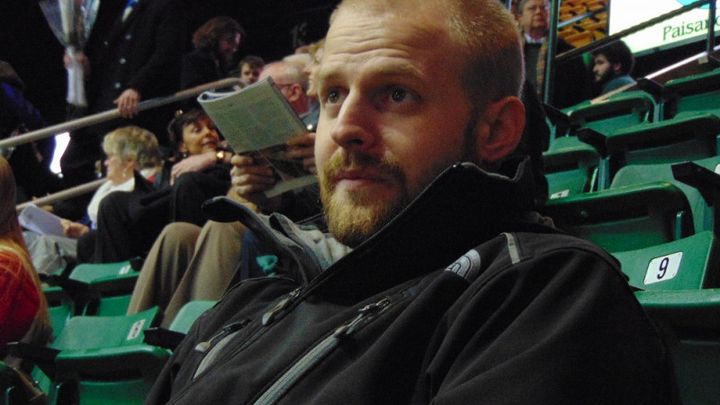
Talia's Fundraiser for Oxford House Seattle
More information about Oxford House Inc: Oxford House, Inc. exists to educate individuals and private and public entities in the benefits of the Oxford House concept of group homes for recovering substance abusers. It allocates all resources, including grant funds, property donations, and available personnel, to replicate democratically self-run and self-supported Oxford Houses to assist in the recovery of substance abusers.
Have you ever passed by a person living on the street and wondered what they were going through in life instead of assuming things about them? What about someone living in a house with a large family? What was different about those two, and what exactly differentiates them?
This week’s Torah portion is called Vayikra, which begins the book of Leviticus. This portion mostly focuses on sacrifices. However, we sometimes misunderstand what a biblical sacrifice is. In the Torah, sacrifices are holy and sacred acts, meant to draw closer to God, by giving up something that we have and value. We don’t give animals or grain, like it says in Leviticus, but we should still give something we have to others, especially those in need especially at this devastating time, where people need help more than ever.
An issue we need to address is that we usually feel pity for people in need, and then forget about it, because we do not actually seem to care or act in the moment. Some days, we will say, ‘I want to help out a homeless shelter,’ because at that moment we feel motivated to do so. The next day, we completely forget; because we take everything we have for-granted. Since in this society, most of us are so blessed to have a family, a roof over our heads, and food always on the table when we need it.
Sacrifice is taking time out of our day to help others in need; not necessarily sacrificing animals in a temple. On Yom Kippur, we read from the prophet Isaiah, who tells us that how we treat others, especially those in need, are more important than how well we perform specific sacrifices such as sacrificing animals. Giving tzedakah, meaning charity or righteous giving, every so often may help a person not go to bed hungry. It’s almost like living out what the prophet Isaiah says, to ‘take the poor into your own home.’ By doing so, we make them feel welcome by doing what you can to help.
I personally have a story regarding this situation. I went to a math school in downtown Seattle every Sunday, and a lot of people did not have homes there and were holding up signs in the streets. One woman, in particular, had a baby stroller beside her and her sign read: ‘I have to take care of my 3 kids. Every penny helps.’ She was there every time I went to and back from the math school. Sometimes we gave her money, sometimes we didn’t.
I once asked my dad why we did not give her money as we drove by her. He told me that we could not give someone money every time we passed them, and I asked him why. I still do not know the answer to that question, but even though it’s been a few years since I’ve gone to the math school, my question still stands. Why did we not give her money every time? And when we did, why did we not give her much? I still don’t know; I still ponder about it to this day.
While I may not know the perfect strategy to help people who live without homeless or need such great help, it would be nice, if, once in a while, we could give to them without assuming that they are going to buy drugs or alcohol. This is a common thought people have had, but we don’t need to focus on it. First, it is their choice and their life. And we don’t help them by assuming things about them or making judgments. They may genuinely need help and we should act as if they do.
Some people, if they do, in fact, give money, give small quantities of money. One dollar isn’t going to pay for a meal, but it may help. And frankly, for all that so many of us have, that one dollar will mean a lot more to that person than to us. If they could benefit, let them. It is a form of tzedakah, a mitzvah following our tradition. Help at shelters, donate food and money to people in need; this may not help one person, but may impact many lives from these righteous acts.
We have a responsibility to all others, especially those who lack a home or the resources they seek. But it is important for all of us to focus on what we can do, which would most benefits others. These are sacred acts of giving that we are called to do.
- G
- M
- D

